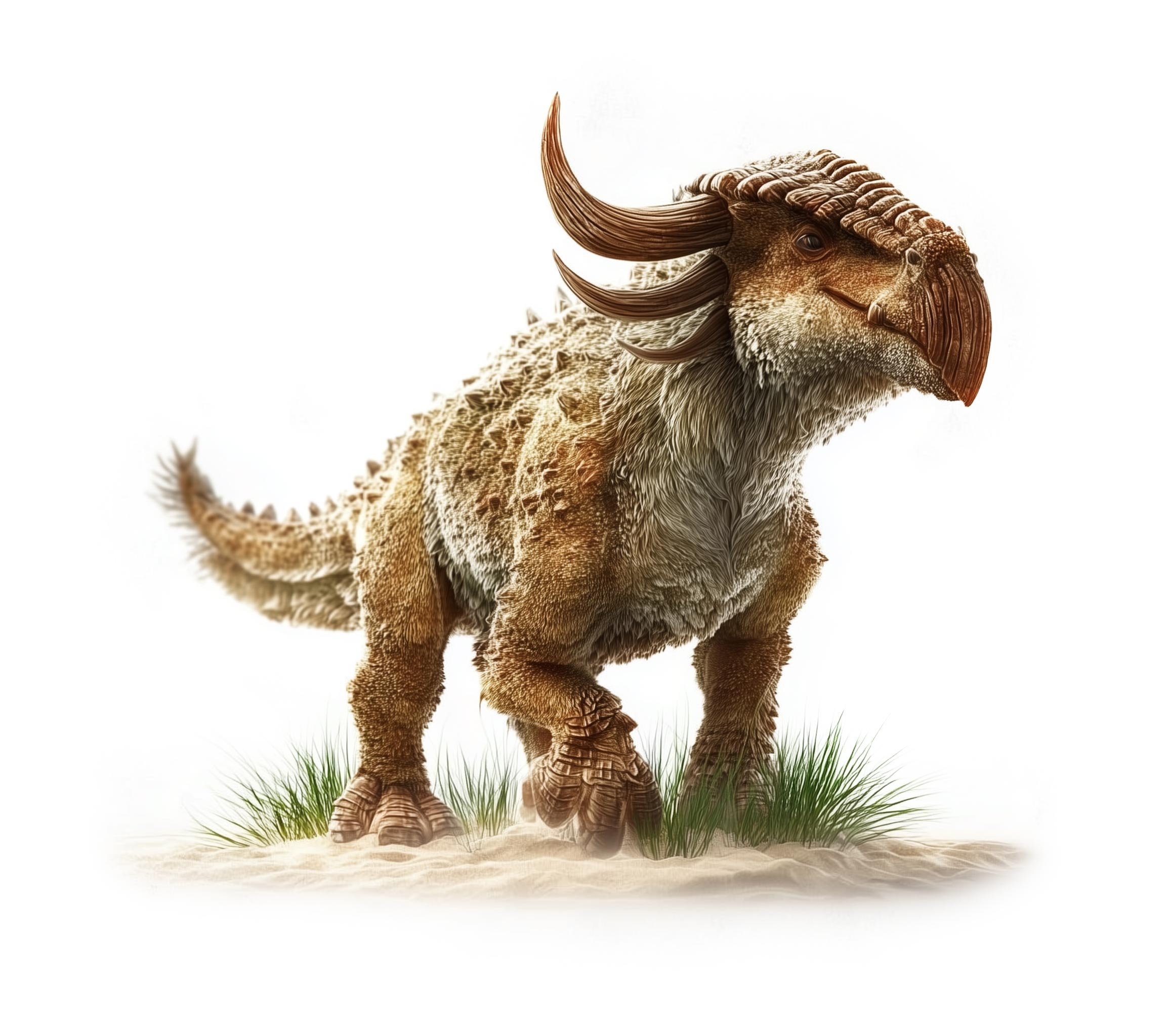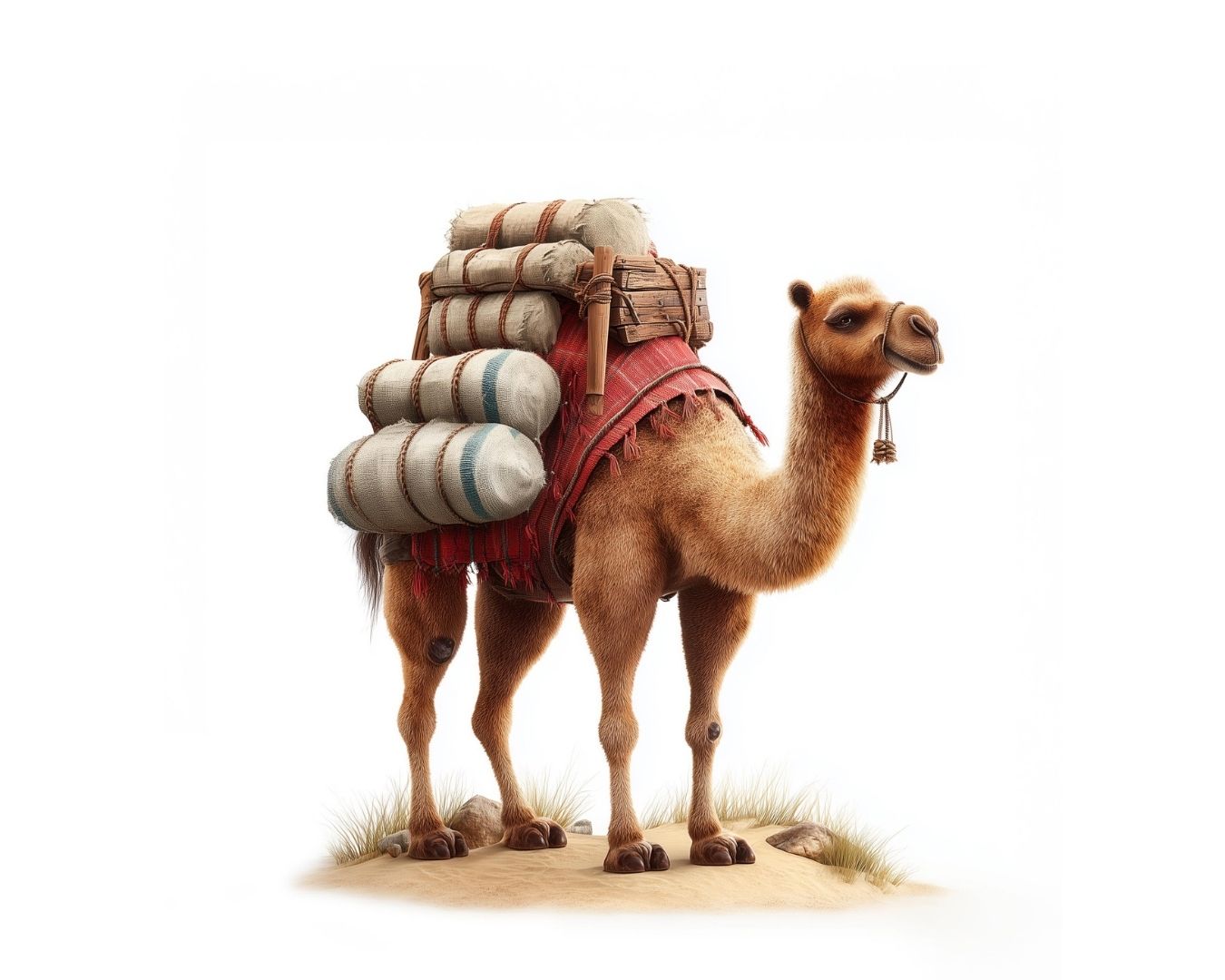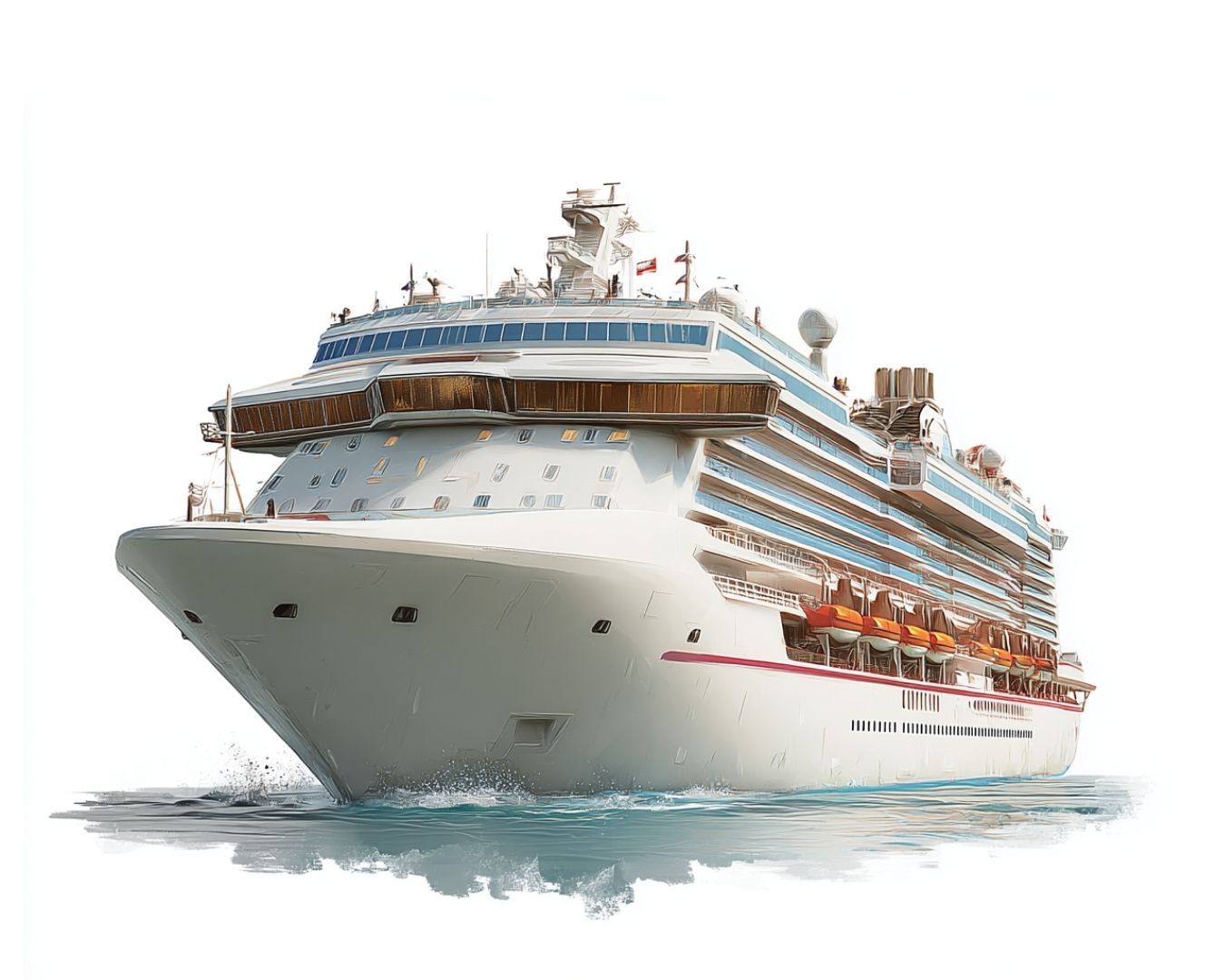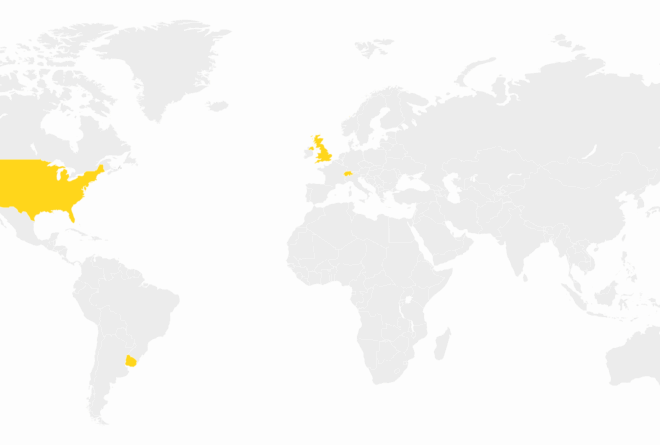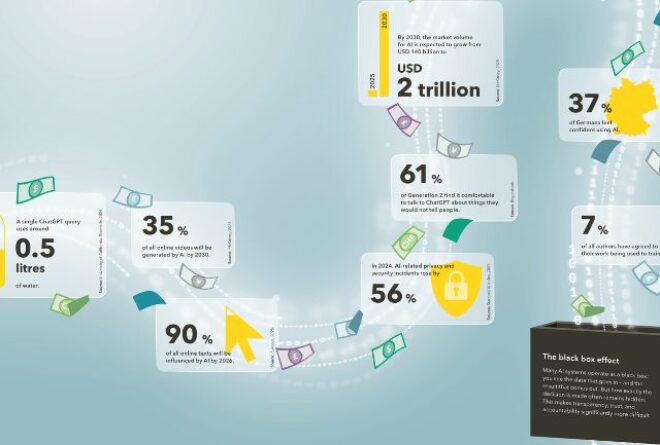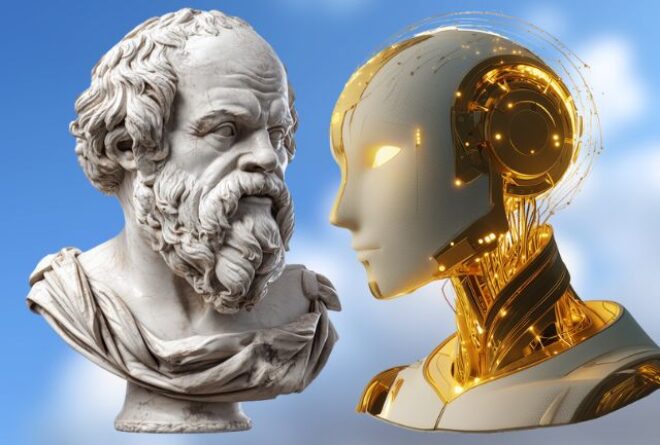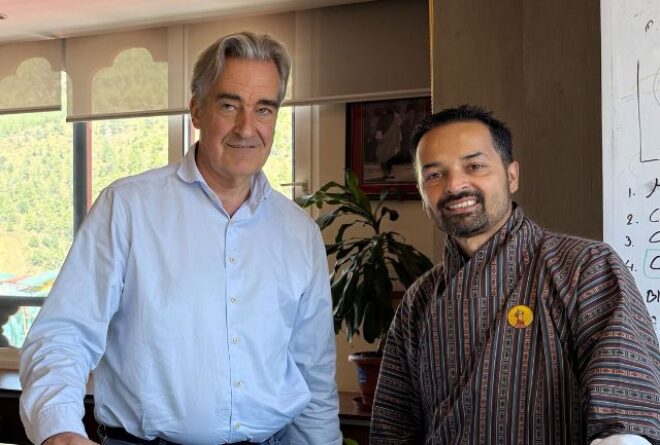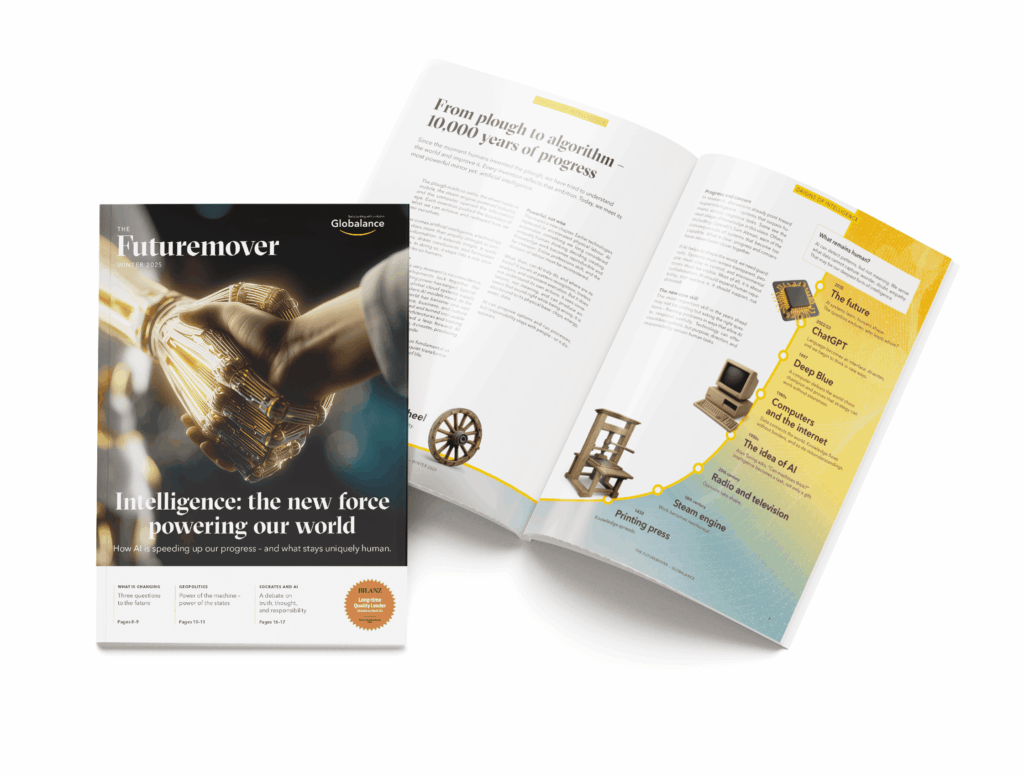News & Trends
Time for a journey through time: 130,000 years on the move
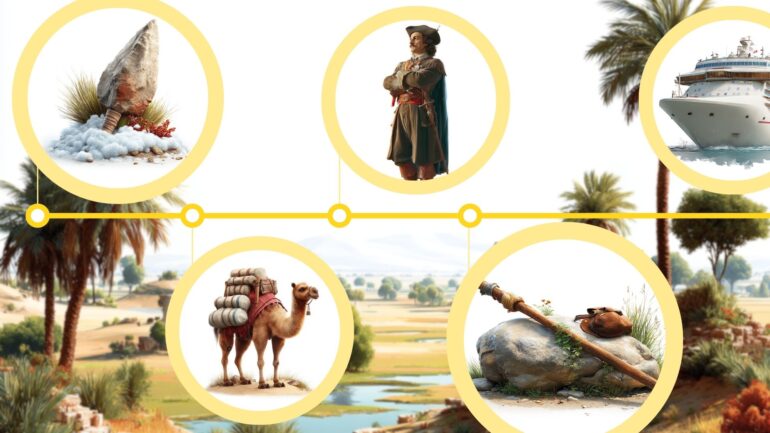
From early humans to commercial air travel: travel has evolved from a daring endeavor into a multi-billion market – and yet, it continues to raise a timeless question: What are we truly looking for when we set out?
Travel is part of human nature. Our longing to see what lies beyond the horizon is ancient. But traveling simply for the sake of it? That’s a much newer concept – and until not long ago, it was mostly reserved for the upper class.
It requires time, resources, and suitable means of transportation. Technological, economic, and geopolitical developments in recent decades have made it accessible to broader segments of society. And they are embracing it with enthusiasm: there have never been more travelers than today – and the numbers continue to rise. But why, exactly?
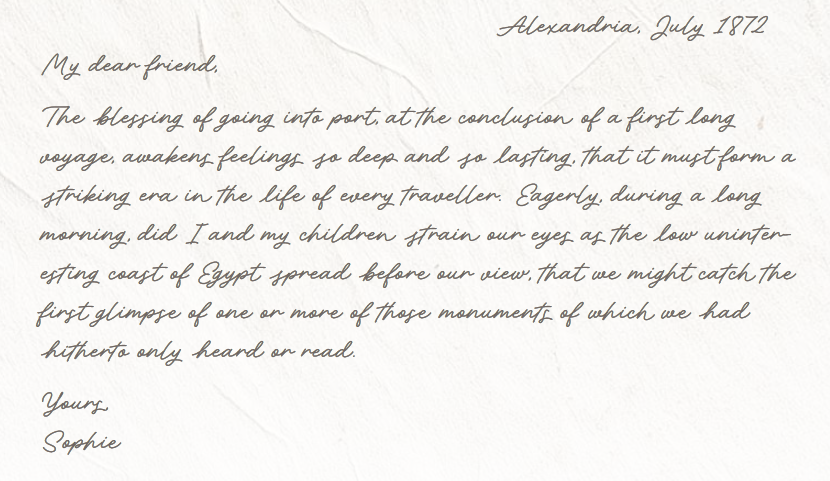
In this letter, Englishwoman Sophie Lane Poole captures the timeless magic of travel: the courage to leave, the thrill of anticipation, the strain of the journey – and the wonder of arrival. Whether it’s a monument, a landscape, a culture, or simply the unknown, something always waits to be discovered.
Travel is …
… adventure and transformation
From early explorations to polar expeditions to modern-day safaris, it’s the call of the unknown that moves us.
… self-discovery and purpose
On pilgrimage routes, multi-day treks, or in immersive cultural experiences, we find new ways to see – and reinvent – ourselves.
… learning and connection
Travel fosters cultural exchange and shared knowledge. It helps us see our own world through different eyes.
… recovery and healing
From historic mountain sanatoriums to today’s trendy yoga retreats, travelers have long sought well-being for body and mind.
From historic mountain sanatoriums to today’s trendy yoga retreats, travelers have long sought well-being for body and mind. Or, in Goethe’s words: “One does not travel to arrive, but to travel.” Always with the hope – then as now – that happiness will find us along the way.
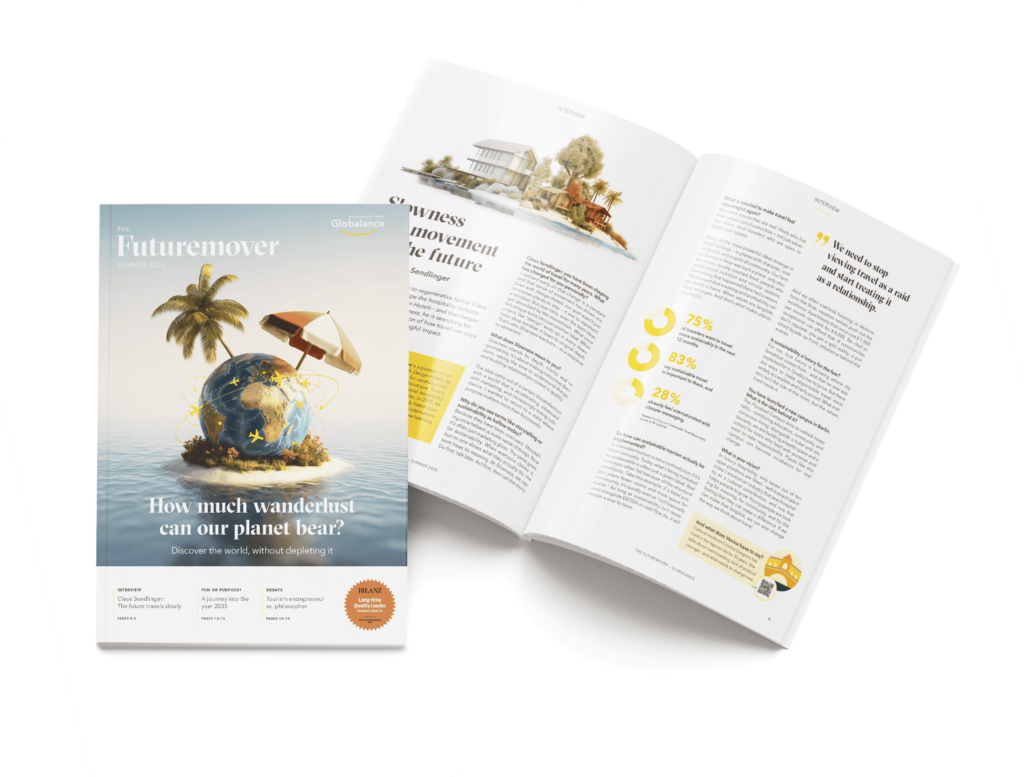
Discover the entire issue
Read more articles from our current issue: ‘How much wanderlust can our planet bear?’.
Be part of the solution and stay informed with the Futuremover.
Subscribe now and shape the future!
Magazin abonnieren EN
"*" indicates required fields

